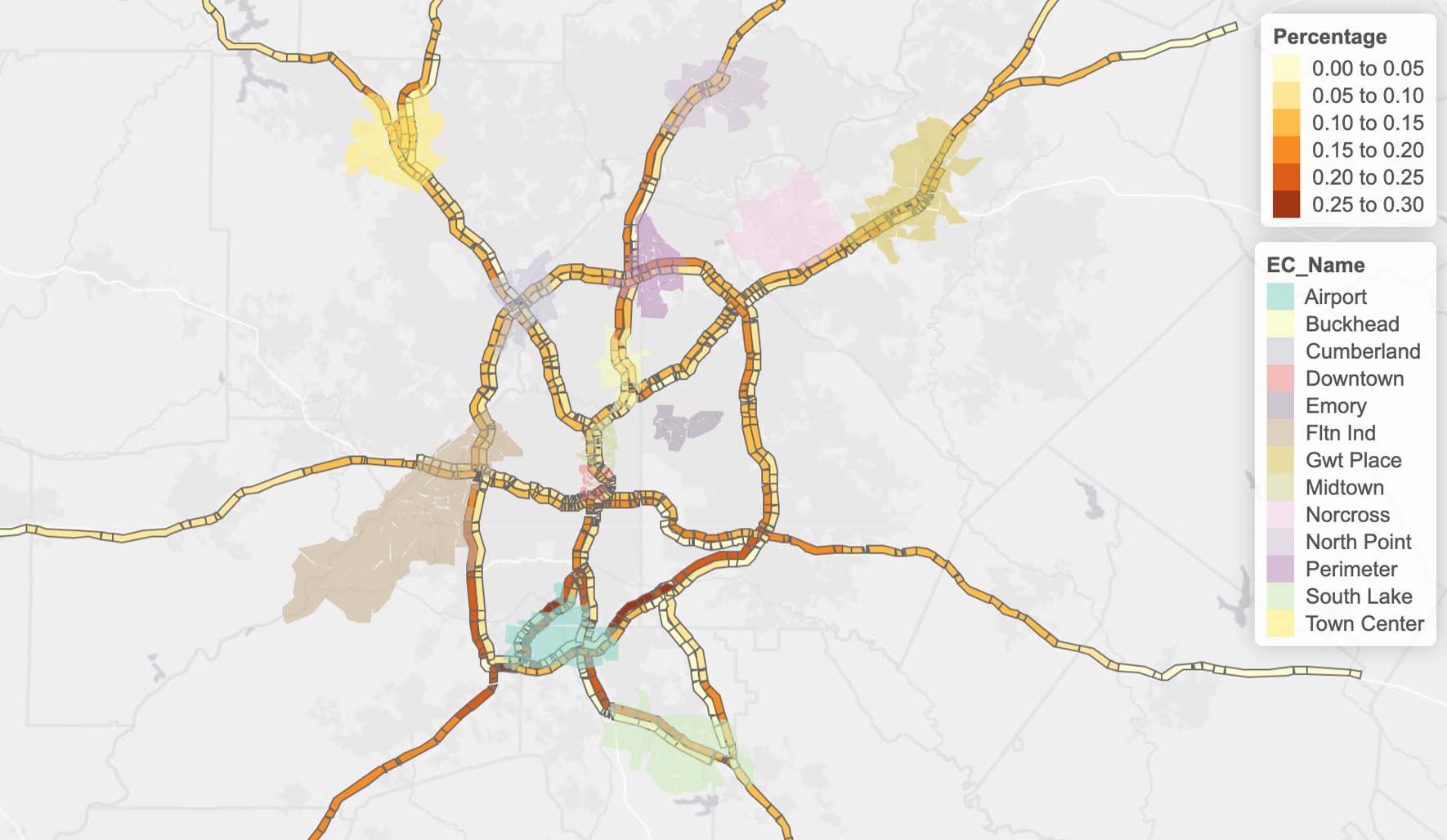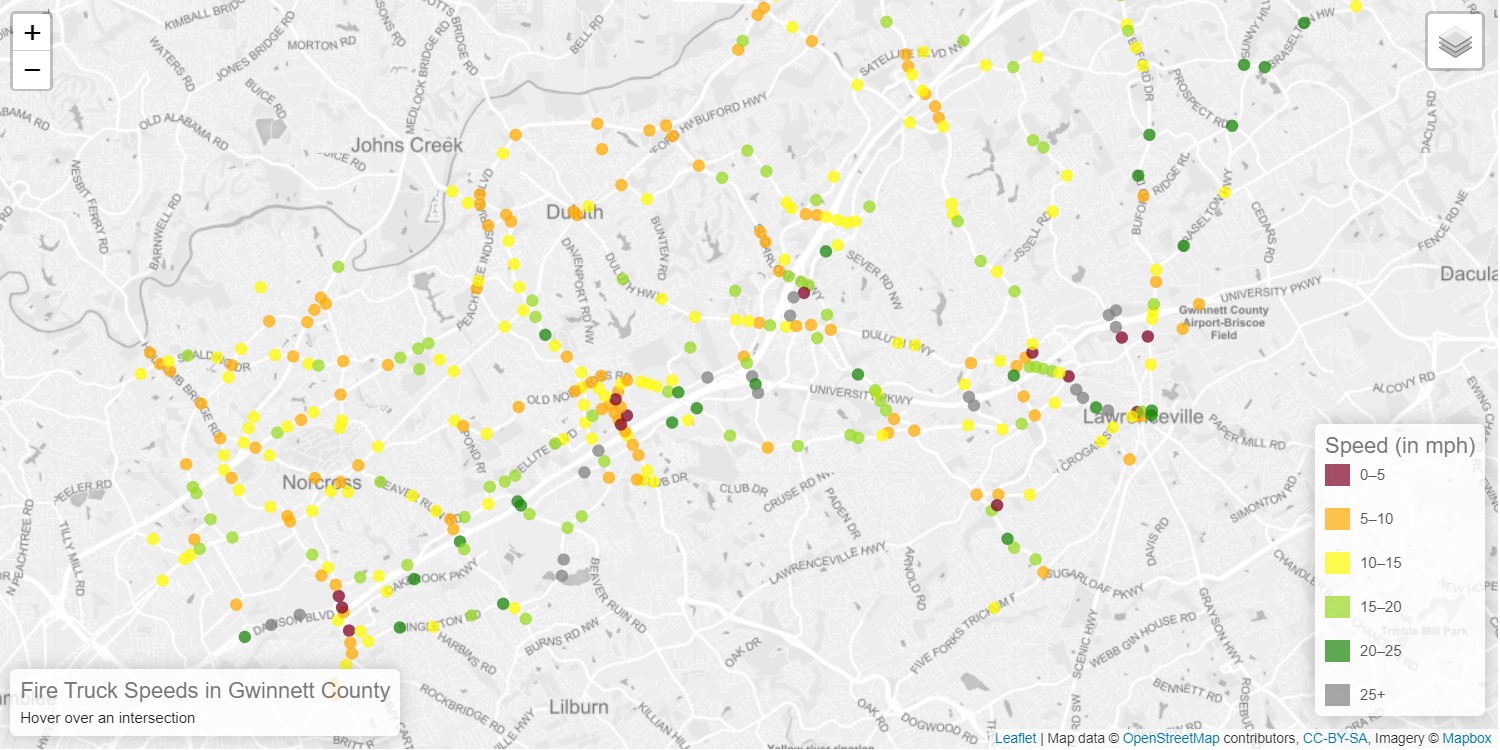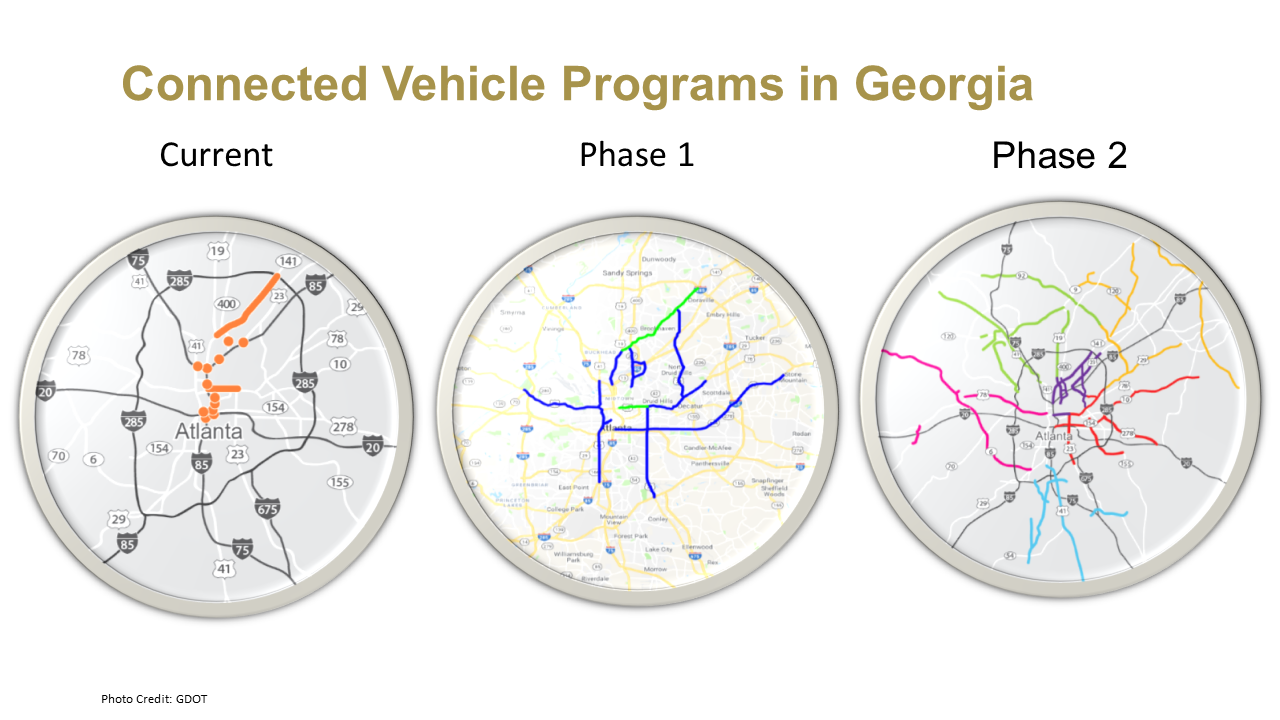Angshuman Guin's ITS and CAV Lab
Welcome to the virtual home of the Intelligent Transportation Systems and Connected and Autonomous Vehicle Laboratory in the School of Civil and Environmental Engineering at Georgia Tech. The ITS&CAV laboratory is committed to engaging students, providing thought leadership in transportation research and nurturing strategic alliance across disciplines as well as with private and public sector stakeholders to foster high impact cross-disciplinary research. The ITS&CAV laboratory is engaged in research in the following:
- Connected vehicle research for improving safety and mobility in surface transportation
- Advanced methods for addressing transportation data ETL
- Smartcity development, with emphasis on real-time performance monitoring and robust control
- Use of Big Data and Deep Learning techniques in real-time traffic operations
- Development of flexible models for autonomous and connected vehicles for use in traffic simulation
_
Evaluating Sustainability Impacts of Intelligent Carpooling System among SOV Commuters

Community-based carpooling has a significant potential in alleviating traffic congestion and reducing carbon footprint. This is especially true during the peak periods because during the peak periods most of the trips are regular work-related commutes that are repetitive in nature regarding the start and end times as well as the origin and destination of the trips, thereby increasing the likelihood for pre-identifying carpool opportunities. Previous studies at Georgia Tech involving collection of on-road vehicle occupancy data revealed that during the peak periods, over 80% of vehicles are in ‘drive alone’ or single occupancy vehicle (SOV) mode. Other studies have identified that barriers deterring people from carpooling include demographic, communication, and economic barriers, among others. With the recent advancements in information technology and the wide proliferation of GPS enabled smartphones, a privacy-protected communication mechanism can be developed to seamlessly enable instantaneous formation of carpools and thereby release the hidden demands of carpooling trips.
The purpose of this study is to develop an analytical framework for assignment of individual vehicular trips into viable carpooling pairs under the constraints of a set of reasonable restrictions such as temporal and spatial bounds/limits, user preferences, etc.



